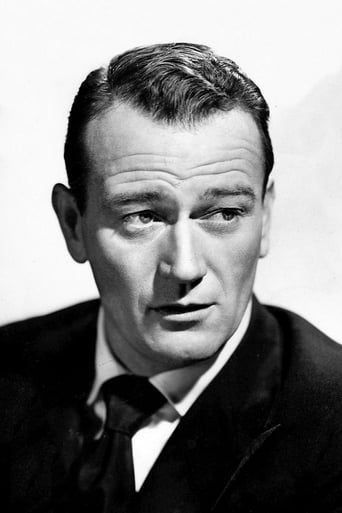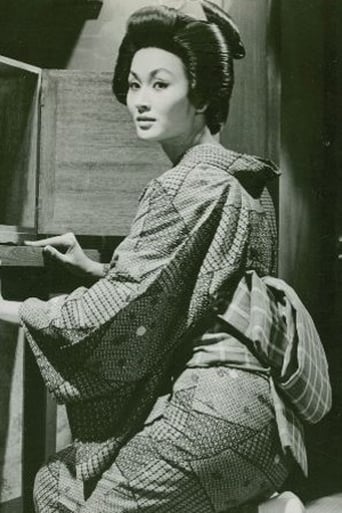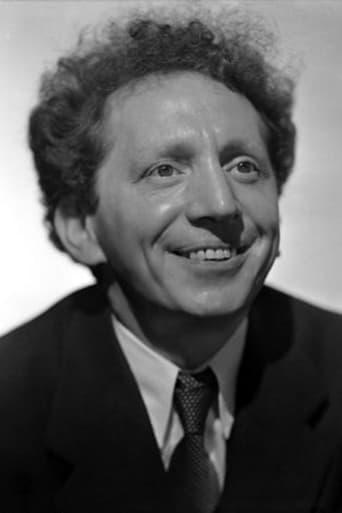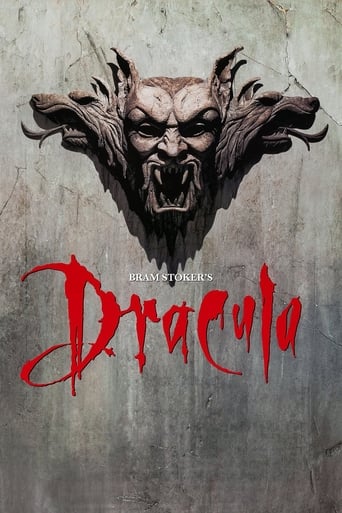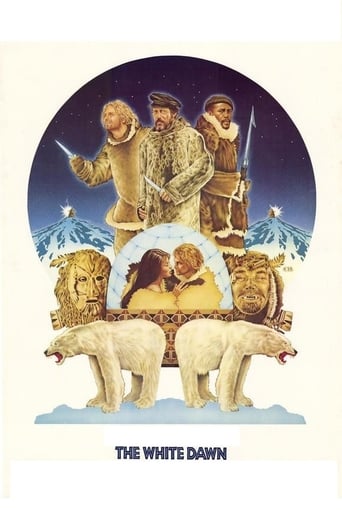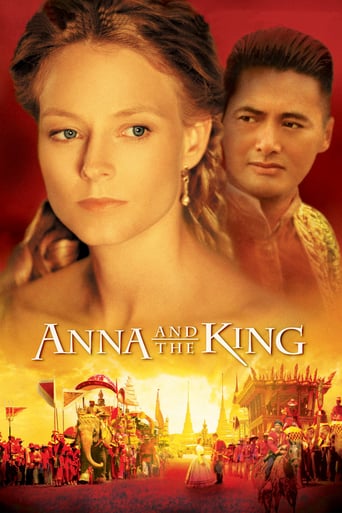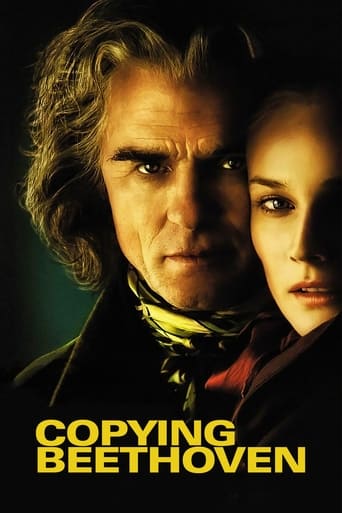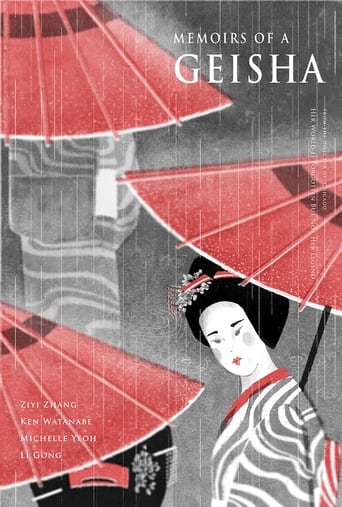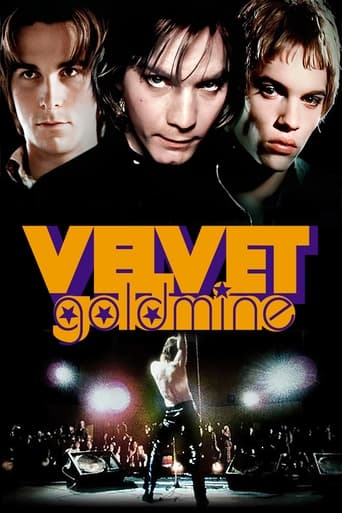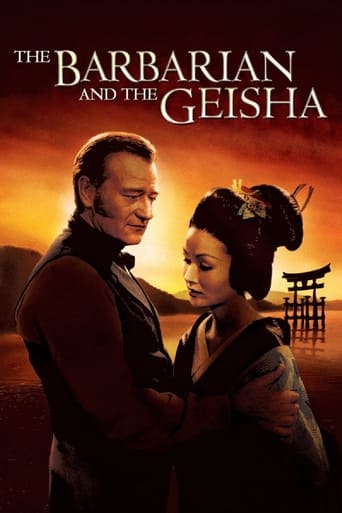
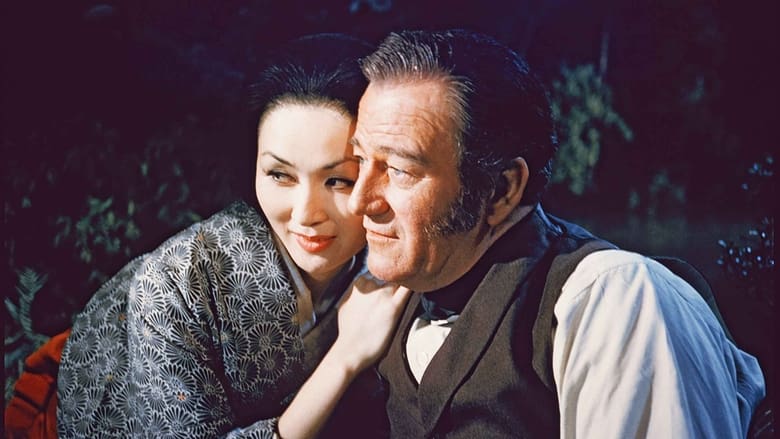
The Barbarian and the Geisha (1958)
Townsend Harris is sent by President Pierce to Japan to serve as the first U.S. Consul-General to that country. Harris discovers enormous hostility to foreigners, as well as the love of a young geisha.
Watch Trailer
Cast
Similar titles


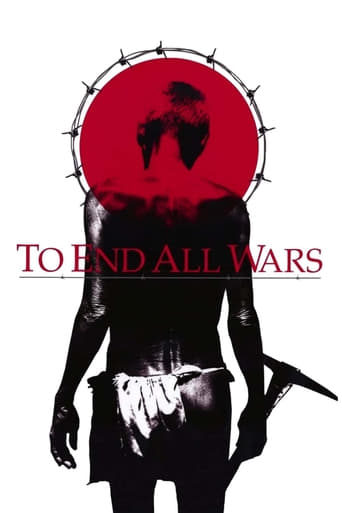
Reviews
Simply A Masterpiece
A Masterpiece!
Yo, there's no way for me to review this film without saying, take your *insert ethnicity + "ass" here* to see this film,like now. You have to see it in order to know what you're really messing with.
Great example of an old-fashioned, pure-at-heart escapist event movie that doesn't pretend to be anything that it's not and has boat loads of fun being its own ludicrous self.
. . . by bragging to the Shogunate Supreme Council of Japan in 1857 that there are men in America who are willing to die to end the Satanic Evil of Racist Slavery there. Of course, a few years later the words of Wayne's "Townsend Harris" character would be borne out in spades by the slaughter of more than 100,000 brave Northern Yankee Saints. Perversely enough, as "Il Duce" was mouthing the noble sentiments of Harris, Wayne was in the midst of hatching a Real Life plot to pump new life into one of History's most infamous Racist Devils by portraying Alamo Terrorist Davy Crockett, who personally murdered dozens of valiant Mexican Freedom Fighters in his eventually successful Genocidal Campaign to Re-enslave the Free Black People of Mexico's Texas Province for TWO MORE GENERATIONS!! Some accuse Hollywood starlets of being prostitutes simply because they might get paid to perform an explicit on-screen BJ upon their director as did Chloe Sevigney in BROWN BUNNY, but Mr. Wayne had no such economic need to hypocritically deviate from his own version of BOYS DON'T CRY (that is, THE BARBARIAN AND THE GEISHA) to the Sevigney-like job he did a few years later on Uncle Sam in THE ALAMO. The love of money may be the root of all Evil, but no amount of cash could bring GEISHA Okishi to stick with a mendacious phony like Wayne!
The hero of this film, Townsend Harris (1804-1878), was a real individual; he was an American merchant and diplomat who in 1856 was appointed the first U.S. Consul-General to Japan. The parts of the film dealing with his diplomatic mission, culminating in the signing of the "Harris Treaty" regulating American-Japanese trade, are generally based in historical fact. The parts dealing with a romance between Harris and the beautiful Japanese geisha Okichi, however, are probably fictitious, although the legend of their love has long persisted in Japan.As others have pointed out, this was (in some ways at least) an unusual role for John Wayne, although Harris does share some characteristics with the quintessential Wayne hero, such as courage, honour and patriotism. In other respects, however, as a diplomat and man of peace whose only weapon is the power of persuasion he is very different to the men of action- cowboys, gunfighters, soldiers, etc.- portrayed by Wayne in most of his other movies. The film contains two main strands. One deals with the love-story of Harris and Okichi. The other deals with the conflict between the pro- Western Japanese modernisers, who welcome Harris's mission, and the conservative, traditionalist forces who resent it. Harris is at first based not in Edo (as Tokyo was then known) but in the small coastal town of Shimoda, some sixty miles away, and the local governor Lord Tamura (a conservative sympathiser) refuses to recognise his diplomatic status. The plot of course has a number of similarities with that of "Madame Butterfly", which also concerns a young Japanese girl who falls in love with an older American man. "The Barbarian and the Geisha", however, explores the theme of cultural differences much more deeply than does Puccini's opera, which is essentially the story of a woman betrayed by a faithless lover. The forces which doom the relationship between Harris and Okichi are much more fundamental, and are rooted in irreconcilable differences between their two nations' concepts of morality and honour.Some have expressed surprise that a film celebrating the establishment of peaceful American-Japanese relations was made only thirteen years after the end of World War II, but this becomes less surprising when one considers that by 1958 Japan was a key US ally in the Cold War. Moreover, the view of the Japanese in this film is not altogether positive. The events of 1853, when Japan was forced to open its doors to the West by Commodore Matthew Perry's fleet under threat of force, are justified by allegations that the Japanese had been guilty of beheading shipwrecked foreign sailors and refusing to allow American vessels to enter their ports, even to take on emergency supplies of food and water. Arguments that it was for Japan itself, as an independent sovereign state, to determine its own trade policy with the rest of the world are largely glossed over or presented as the doctrines of a self-interested reactionary faction. Harris and the Japanese progressives are the good guys and the Japanese conservatives the bad guys, something shown when they make a treacherous attempt to murder Harris. This was John Wayne's only collaboration with director John Huston, and apparently they did not get on with one another. Yet Wayne does enough here, both as diplomat and as lover, to suggest that he had a greater range as an actor than he is normally given credit for. Eiko Ando as Okichi makes a luminously beautiful heroine. This is one film where all the Japanese characters are played by Japanese actors, something which was by no means always the rule in the fifties, "Love is a Many Splendid Thing" and "Inn of the Sixth Happiness" being two examples from the period where oriental characters were played by white actors.Huston himself was dissatisfied with the film because it was heavily re- edited by the studio and he felt that it did not reflect his vision. As far as I am aware there is no "director's cut" so we do not know what Huston's vision would have looked like had it been realised. The film we actually have, however, is far from being a bad one. It has its weaknesses; the pace tends to sag at times, especially during the first half. Nevertheless, it is visually attractive, well acted and throws an interesting light on the history of American-Japanese relations. It is an unusual film to have come out of the Hollywood of the fifties, made all the more unexpected by Huston's use of a star normally associated with films of a very different sort. 7/10
The Barbarian and the Geisha was an interesting film. It isn't entirely successful, but I can say that both star John Wayne and director John Huston have done much worse.The Barbarian and the Geisha does have its problems. The story is occasionally a little melodramatic, with the interracial love story not developed as well as it could have been, while the film could have done at a much tighter pace. The script also has its good points, but also some stilted and overly pompous moments too, while John Wayne is a little out-of-place and awkward in the lead. However, the film is spectacularly photographed, has a good score and has a very interesting subject matter that is presented well. The film is well-directed by Huston and Eiko Ando is beguiling and charming.Overall, a decent film, could have been better but it wasn't as bad as I was led to believe. 6/10 Bethany Cox
When you consider that this movie was made only 13 years after the end of the war in the Pacific, with its brutality and carnage, it is quite surprising to see that the "The Barbarian and the Geisha" tries to to present the clash of cultures, 100 years earlier, with such apparent equity and fairness.While some may see John Wayne as the archetypical posterboy for American jingoism, in fact his character clearly tries to understand the country in which he is trying to establish the consulate, and shows genuine remorse, not arrogance, in noting that in early part of his assignment, all that the Americans had established was a cholera epidemic and the torching of the city to quell it.While the interracial love story behind the title was somewhat superficial, I thought that the more important aspects of colliding cultures and political shadowboxing was quite interesting and well presented.
